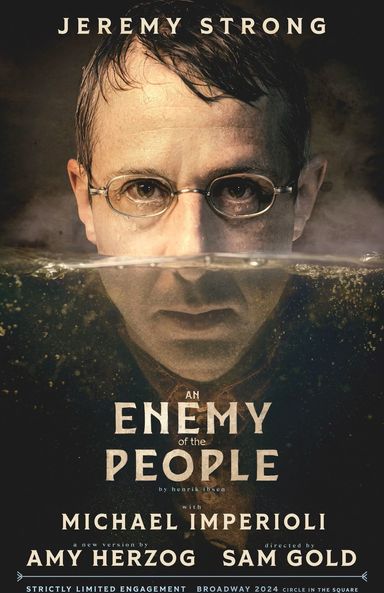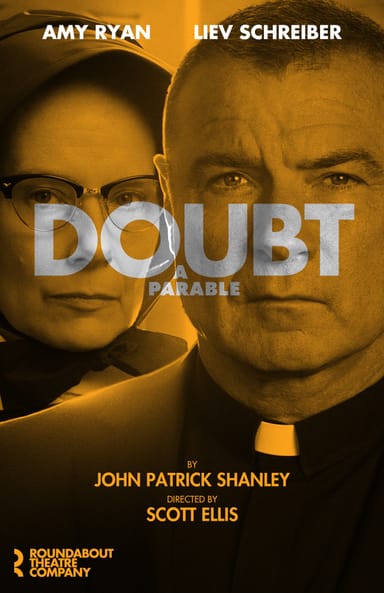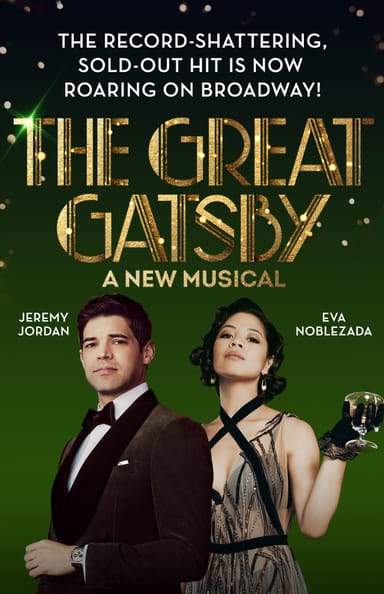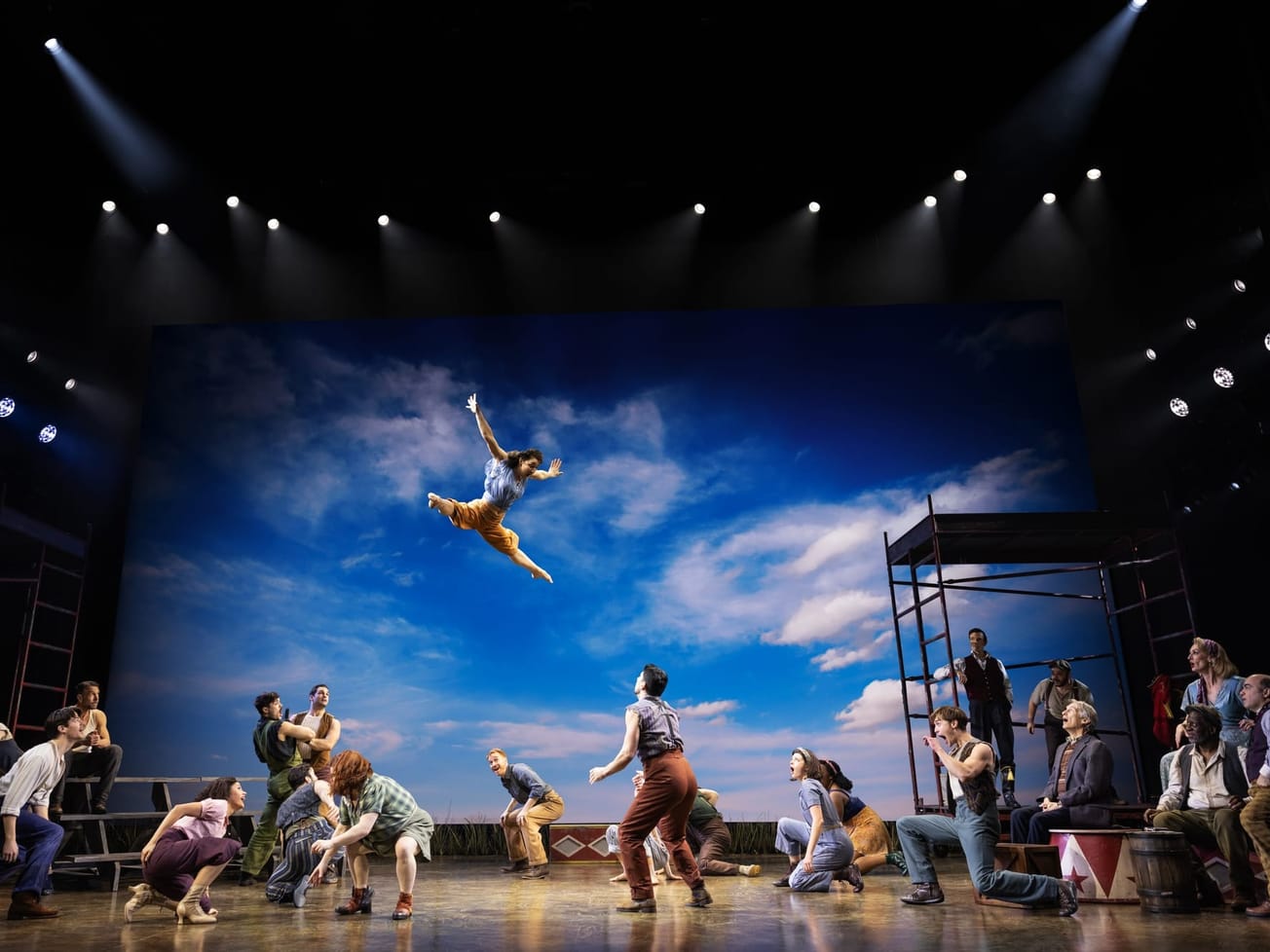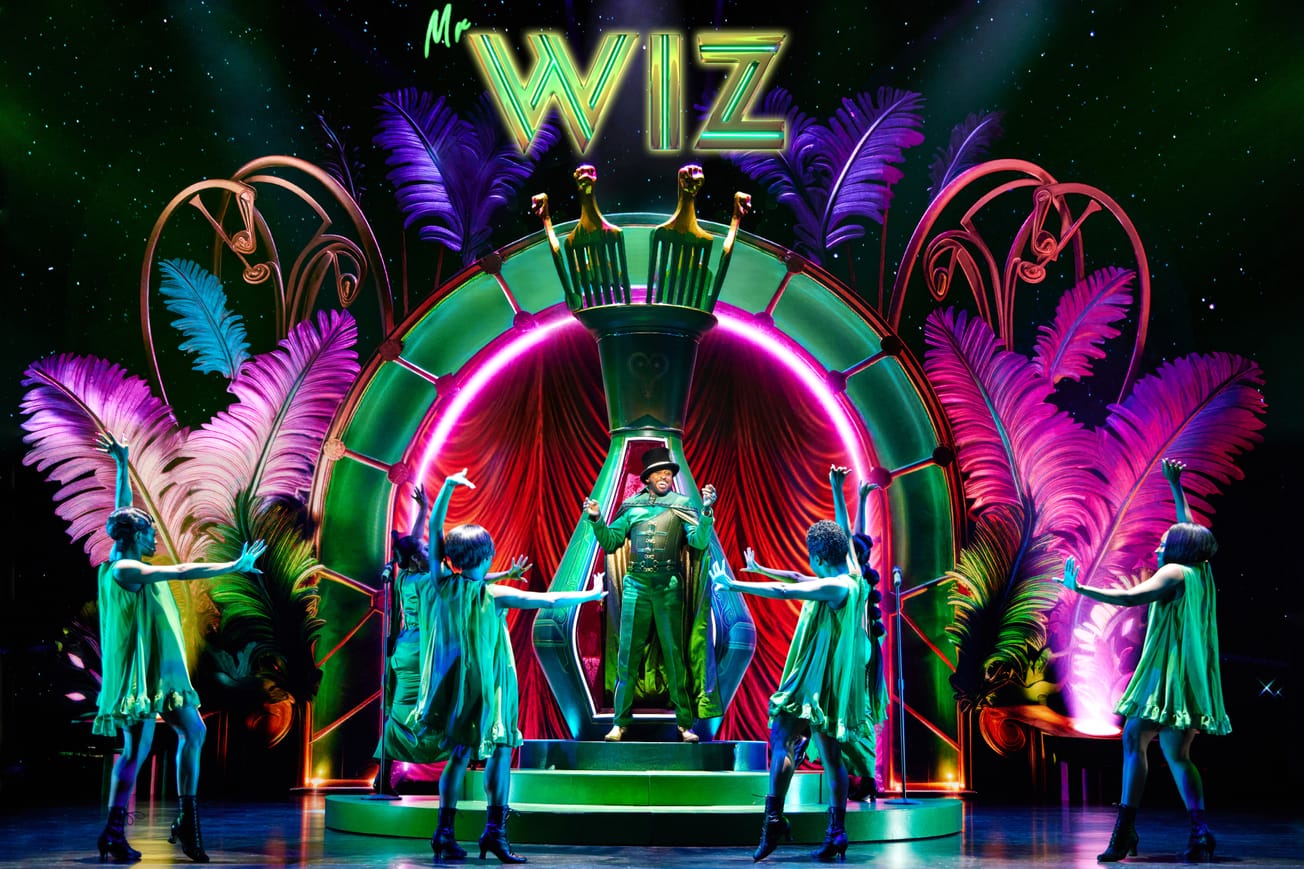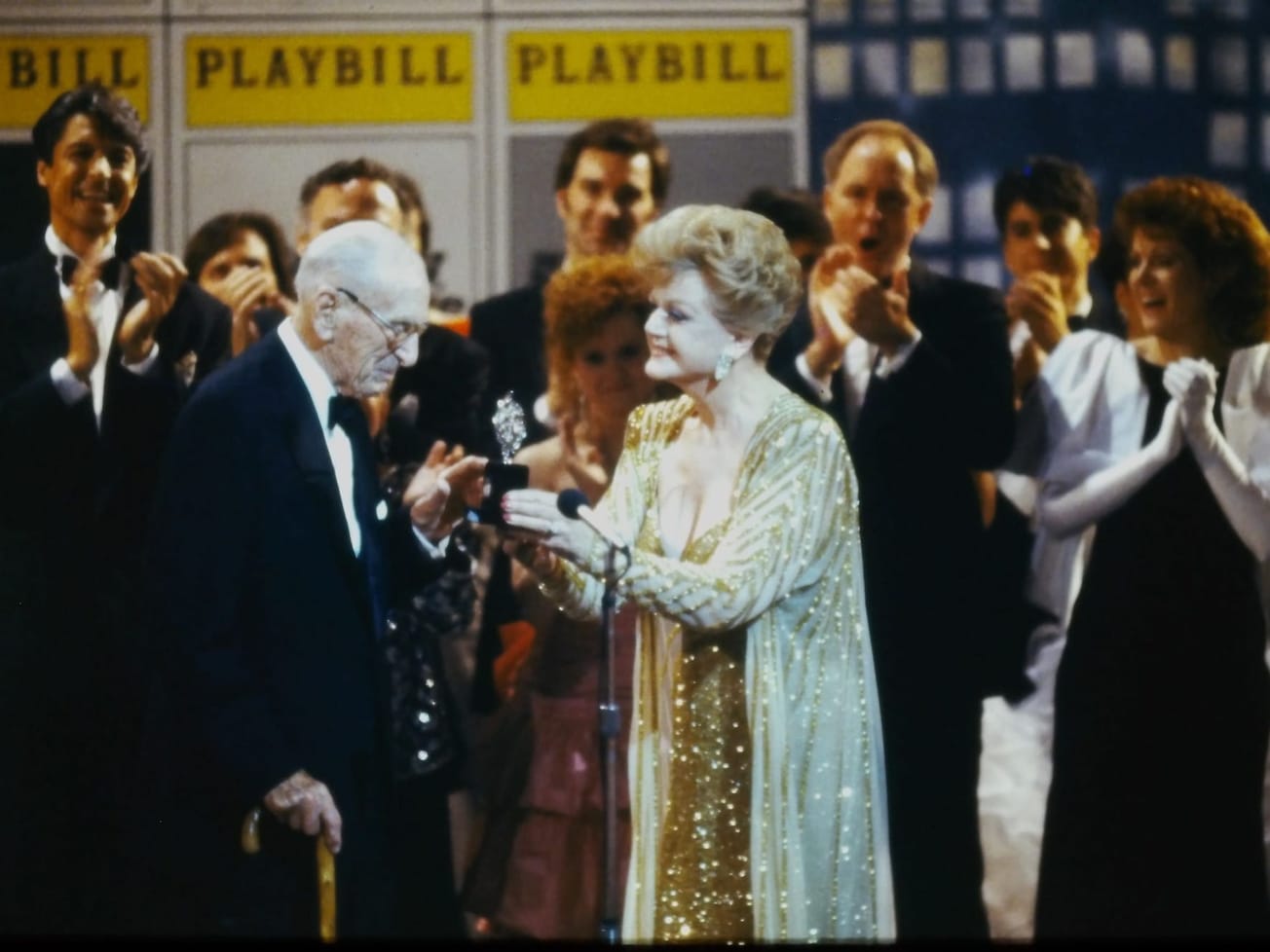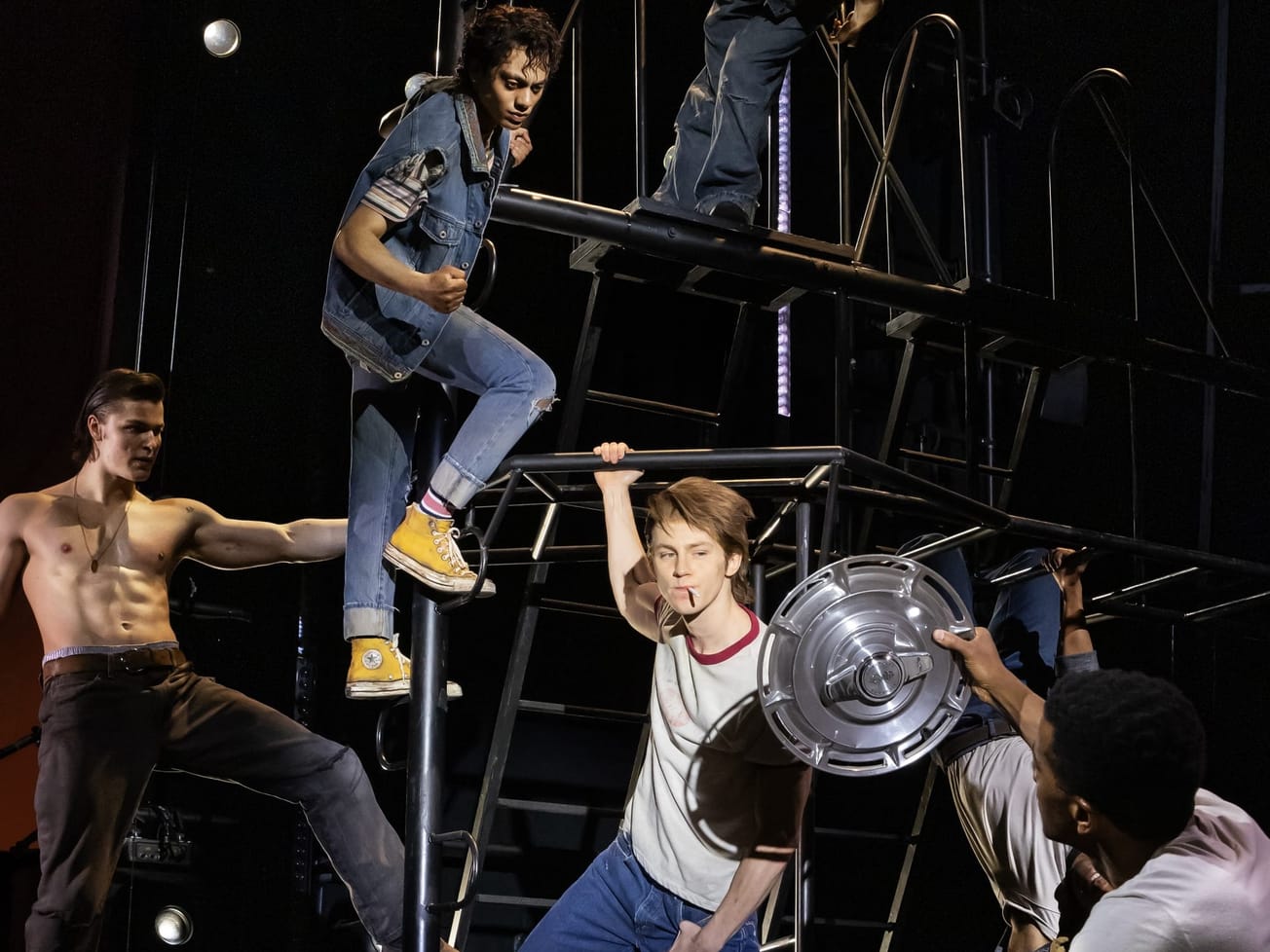In a congressional hearing Tuesday, venue owners, senators and members of the entertainment community testified about the need for relief for the live entertainment industry.
Speaking before members of the U.S. Senate Subcommittee on Manufacturing, Trade, and Consumer Protection, witnesses highlighted the need for the immediate passage of measures such as Save Our Stages and an extension of pandemic unemployment assistance, while offering personal testimony on the economic impact of the pandemic. Sen. Amy Klobuchar (D-Minn), who introduced the original Save our Stages legislation this summer, said she and other legislators have been working to push the provision forward and are pleased with its progress.
“We do not want to be the Congress that lets the music die, and we don’t want this to be the year that we let our cultural icons die,” Klobuchar said.
The provision is currently included in the newly proposed bipartisan relief package, with a $10 million cap on the amount of grant money available to each recipient. Klobuchar added that there are still some changes to make to the provision.
The Broadway League has joined with the National Independent Venue Association in urging for the passage of Save Our Stages, which would provide grants to theater owners, producers and other live event operators. Charlotte St. Martin, president of the Broadway League, previously said that she believes this bill “could bring Broadway back to as close to what we were when we closed than anything else out there.”
The provision has been included in Democratic relief packages, but those have so far failed to pass the Republican-controlled Senate. Adam Hartke, co-chair of the National Independent Venue Association and owner of two concert venues in Witchita, Kan., was a witness in Tuesday’s hearing and underscored the urgency of its passage.
“Without Save Our Stages Act passing immediately, we won’t last six months,” Hartke said.
Additional witnesses included David Fay, president of the Bushnell Center for the Performing Arts in Hartford, Conn., Ron Laffitte, president of music management firm Patriot Management, Pete Pantuso, president of the American Bus Association and Michael Strickland, owner of lighting company Bandit Lites.
In their testimonies, the witnesses spoke to the need for additional relief measures after the passage of Save Our Stages, including the Restart Act, a loan program which would extend the Paycheck Protection Program to 16 weeks, as well as measures to support the workers within the industry.
When asked why the Paycheck Protection Program, passed as part of the CARES Act, was not sufficient, witnesses spoke to the lack of work available when the loans were administered in the spring, as well as the limitations of only covering several weeks, while the pandemic has lasted months.
“A lot of the event industry is not going to be back until the vaccine takes hold and we have herd immunity, and that’s June, July, August, September, and that is simply payrolls, so what do we do for the rest of the time?” Strickland said, speaking to the importance of passing the Restart Act.
Strickland also highlighted his concern about liability and indemnity in the industry, when venues are able to reopen, saying he is currently unable to purchase pandemic-related insurance. However, given the current fight over liability in Congress, Strickland saw the need to separate the issue from financial relief.
“Unless and until there is something dealt with on liability indemnity, all of our businesses are at risk,” he said.
Thus far, relief measures for the live entertainment industry have garnered bipartisan support. Senators in the hearing expressed support and optimism about the passage of future relief for the industry, while bemoaning the fact that no industry-specific relief has yet been allocated.
“I don’t know if you guys are frustrated because we continue not to do anything, but it frustrates the hell out of me,” said Sen. Jon Tester (D-Mont.)
Many of the arguments made by the witnesses followed the talking points the League and other theatrical entities have been using to advocate for the industry. Namely, the idea that entertainment venues have a positive economic impact on the surrounding restaurants, businesses and downtown areas.
Further, Fay, the only representative of the live theater industry at the hearing, pointed to the inability of the theater industry to immediately resume operations, both from a production standpoint and in bringing back audience members.
“One of the problems with that is our public is frightened. Until the vaccine really takes effect and even after that it’s going to take months and months for our public to decide that it’s safe for them to come back and they’re comfortable doing it,” Fay said.
After hearing the variety of calls for aid, Sen. Jerry Moran (R-Kan.), chair of the subcommittee, said he felt several of the legislative measures have the support to be passed quickly.
“They seem to be things that we could do with broad bipartisan support. And we need to speed up the timeframe, as is indicated today. These businesses are in jeopardy of no longer existing,” Moran said.




